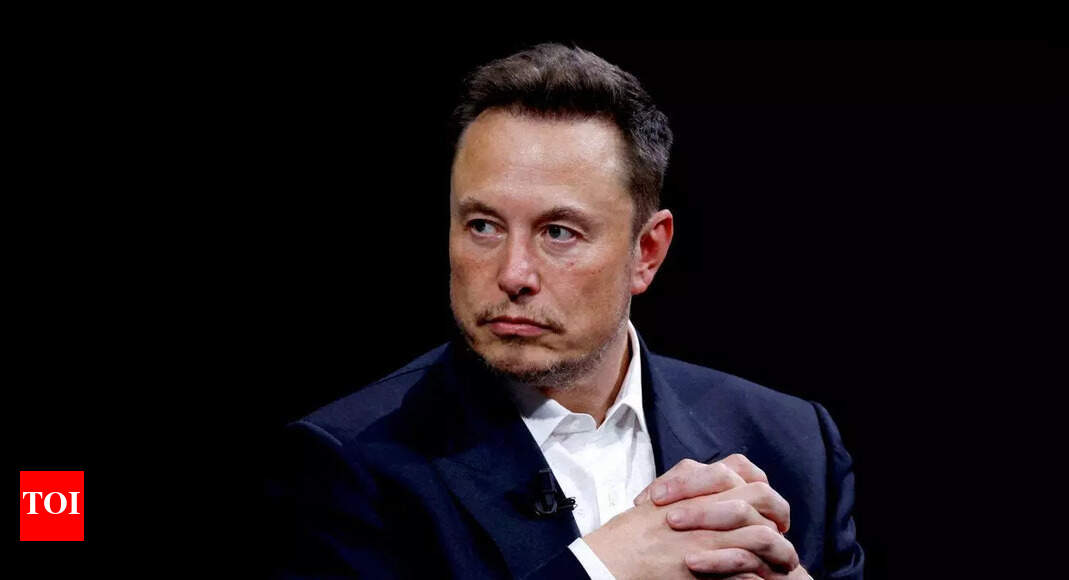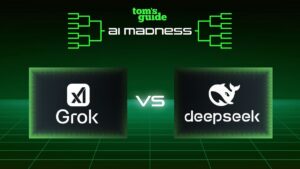Watch Your Words: Elon Musk’s DOGE Utilizes AI to Monitor US Federal Employees’ Communications, Sources Indicate

The Intersection of AI and Federal Governance
In today’s political landscape, the integration of artificial intelligence (AI) in government operations is sparking significant ethical, legal, and operational discussions. A recent example is the Department of Government Efficiency (DOGE), initiated by Elon Musk during the Trump administration, which aims to reshape the federal bureaucracy.
Allegations of AI Monitoring
Reports have emerged suggesting that DOGE is utilizing advanced AI to monitor communications within government agencies. Sources indicate that this monitoring is particularly focused on detecting sentiments labeled as disloyal to former President Trump or that oppose DOGE’s agenda. This initiative involves the use of private messaging platforms, including Signal, and Musk’s own Grok AI chatbot. This approach marks a notable shift in how internal surveillance and administrative control are exercised.
EPA Employees Facing AI Surveillance
Several insiders have reported that employees at the Environmental Protection Agency (EPA) have been cautioned by officials that their communications might be tracked using AI. These monitoring tools are allegedly designed to identify language that reflects poorly on either Musk or Trump. Employees were urged to be cautious about what they communicate, especially on platforms such as Microsoft Teams. This kind of surveillance raises concerns about privacy and the impacts on free expression within government workplaces.
Transparency Concerns with Encrypted Messaging
Staff members associated with DOGE are reportedly relying heavily on Signal, an app known for its encrypted messaging features that allow self-destructive messages. While it provides enhanced privacy, its utilization in a government context raises alarms about adherence to federal record-keeping mandates.
Kathleen Clark, a government ethics professor, warns that the exclusive use of Signal without proper message documentation could conflict with federal laws. The situation has triggered discussions about the transparency responsibilities of public servants, particularly those linked to politically appointed groups.
The Role of Grok AI
Grok, Musk’s AI chatbot, has reportedly been integrated into DOGE’s operations. Although the full scope of its application within the federal system remains unclear, insiders suggest it serves as a tool to streamline operations. Despite the potential advantages of employing AI in administrative functions, experts caution that unregulated AI use may lead to biased outcomes or information misuse without oversight.
Impact on Federal Agencies
The influence of DOGE is most visible at the EPA, where a significant number of employees have faced administrative leave. Reports suggest that AI tools might play a role in determining staffing changes, resource distribution, and internal assessments. While the EPA has acknowledged looking into AI for improving efficiency, it has denied that AI technologies impact personnel decisions.
Secrecy and Legal Issues
The DOGE initiative’s emphasis on secrecy raises various legal and procedural questions. Employees have reportedly adopted strategies that bypass traditional document review processes by modifying sensitive files directly on platforms like Google Docs. This approach can lead to a lack of clear revision history and may violate established records management procedures.
In response to concerns about transparency, a federal judge mandated DOGE to provide internal documents to Citizens for Responsibility and Ethics in Washington (CREW), a government watchdog. However, as of late March, no documents had been submitted.
Control and Access Limitations
Recent court filings reveal that DOGE has gained control over crucial digital infrastructure within various federal entities. After taking over the Office of Personnel Management (OPM), many employees were locked out of databases containing personal information about current and former federal workers. Access to these critical systems has reportedly been limited to a few individuals, creating worries about transparency and oversight.
Ethical and Legal Challenges
Elon Musk, acting as a special government employee, is bound by ethics laws that restrict his involvement in government matters that could benefit his ventures. Yet, critics argue that Musk’s close ties to DOGE and its governance of digital systems pose conflicts of interest. The vague control over DOGE’s operations and the use of secretive communication tactics have raised concerns among both sides of the political aisle. Although DOGE promotes itself as a reformative effort to cut governmental excess, its lack of transparency and potential for partisan targeting has prompted significant scrutiny.






